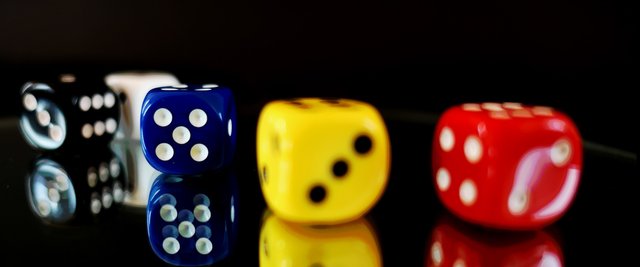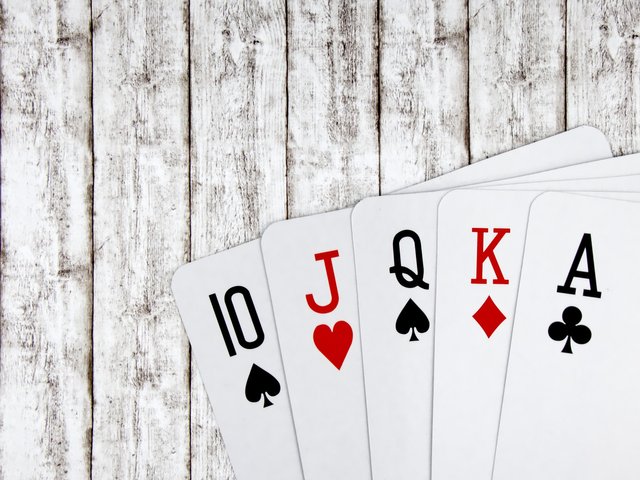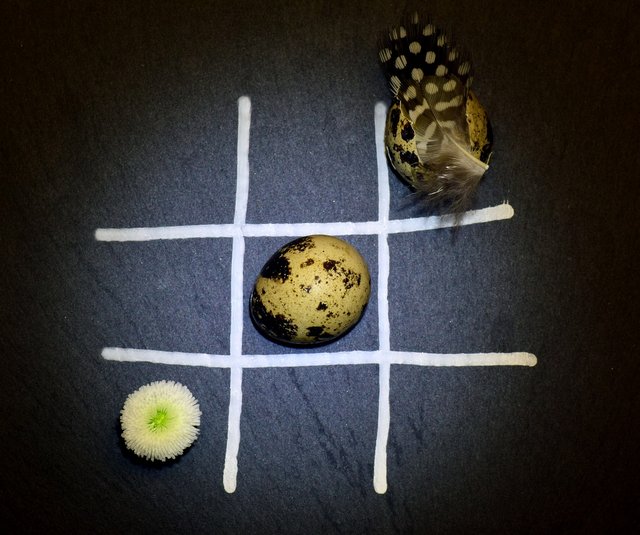Understanding Gambling Addiction with Operant Conditioning.
#Gambling Addiction with Operant Conditioning

Operant conditioning is a method of learning that occurs through rewards and punishments for behaviour. Through operant conditioning, an individual makes an association between a particular behaviour and a consequence (Skinner, 1938).
Non-gamblers might wonder what is so appealing about penny-falls, slot machines, horse racing, casinos, sports betting, the pools, the lottery, roulette or blackjack. The answer may lie in the impression that a big win might result from a proportionately smaller amount of money. The reasoning brain knows this is not true in the long run, but when in the grips of a gambling addiction, all reason melts away. I decided to research into gambling obsession for one of my writing projects.
Why People Enjoy Betting

According to the BBC, there are around 350,000 people with some sort of gambling problem in the UK. In the US, the figure is 6% of the adult population (BBC, 2010). Those afflicted typically spend too much time and money on gambling activities, seeing a big win as further opportunity to gamble rather than a reason to stop.
The Lure of Gambling Online

Eye-catching graphics, spinning wheels and close-wins keep gamblers motivated and playing. Rewards, no matter how small create a pleasure sensation in the brain, a form of operant conditioning (explained in a moment). What could be more satisfying for a gambler nursing a slot machine all evening than the sound of clattering coins in the tray? With online gambling on the rise, there is an equivalent sound and graphic to spur the gambler on. Such rewards create an altered psychological state that becomes addictive. This part interested me. How could I describe this altered state of mind for the reader, even though I do not have a gambling habit myself?
Why People Play Gambling Games

On closer inspection, I learned that gambling companies use every trick in the book to keep their customers betting, such as the following:
The ambient atmosphere of casinos and arcades relax the customer and make the activity feel more private. It is easy to lose track of time when in an intimate setting.
Some casinos offer free drinks and cheap buffet meals and place chairs only at slot machines or tables. This might compel a tired customer to sit and relax, and perhaps have a flutter.
Loyal customers earn free or cheap ‘play time’ which implies the customer is getting a great deal from the establishment’s facilities, but in fact loses out.
Exchanging money for chips or vouchers to spend in casinos takes away the reality of what is lost, as the plastic lacks the feel of real money.
Problem with Gambling

Although not a gambling addict myself, like many people, have found certain things addictive. Take Tetris for one. In pure operant Pavlovian style I have experienced the surge of satisfaction each time a row of tiles flicker away. Two hours can seem fleeting whilst playing Tetris. Little better was Angry Birds and Bejewelled. The bright graphics and the little funfairs create that altered psychological state that gamblers are addicted to.
Operant Conditioning and Gambling Rewards
Such a reward from a stimulus can be taken as a form of operant conditioning, as put forward by behaviourist B F Skinner. By using a simple stimulus coupled with punishment or reward as a consequence could encourage a certain mode of behaviour. Operant conditioning can be seen when a parent rewards a child with a bar of chocolate every time he completes his homework.
Cognitive Therapy for Gambling Addiction
The child might continue to anticipate the chocolate each time he completes the homework. Similarly, the gambler might anticipate the pleasure of gaining a reward, whether monetary or anything associated with gambling. As mentioned earlier, gambling establishments try every trick to keep their customers spending their money. A contrasting ideology, Cognitivism, is often used to overcome gambling addiction. Incorporated into cognitive behavioural therapy (CBT), cognitivism injects higher reasoning into the behaviour, by asking ‘why am I doing this?’ 'What can I do to change my behaviour?' The sufferer is encouraged to take a step back and find new pathways for behaviour. In this way, cognitivism and behaviourism contrast starkly.
Story about a Gambler

I decided to use an example of experiences of operant conditioning as augmented in the novel, Falling Awake.
Gemma’s husband, Liam has a parasitical gambling habit. He cannot walk past a slot machine without inserting coins. Gemma doesn’t understand the appeal, but experiences his world, when after Liam disappears, visits a seaside town where he was last seen. The following excerpt describes her feelings as she walks through a seedy casino on the seafront, and a taste of Liam’s world.
Gemma entered the Plaza Arcade and the gloom briefly rendered her blind. Several fanfares prickled her ears rolling out the same seven-note turnover. Their repetition latched onto her brain and she knew those seven notes would play out in her head for the rest of the day.
Pinball and fruit machines lined the walls. A blurred sentinel attended each. One cranked a lever, initiating another seven-note play-out. She continued to penny falls – glass boxes housing thousands of coins upon moving platforms.
Gemma’s awareness converged onto those shiny coins to-ing and fro-ing. An edifice, she was certain would collapse onto the lower platform and spume from a wide slot below the glass top. And yet, when the platform had made its trip, the edifice defied gravity.
Its attendant, a wheel-chaired woman, inserted another coin. The coin flipped sideways and vanished between two coin mounds not making a difference.
The edifice continued to move. Nothing had changed and yet Gemma was revisited by the same conviction the coins would topple over. Only when she blinked did she realise a stupor had detained her.
Operant Conditioning in Betting Odds
As can be seen, gambling establishments possess compelling sights and sounds that latch onto the brain, such as the sway of the penny-falls and the seven-note jingle.
Gamblers' addiction is the result of a form of operant conditioning, which non-gamblers could identify with. In order to convince the reader that my character has a serious gambling habit, I used my own sensations of playing online games – the satisfying flutter of light and the funfairs. In order to overcome this problem, cognitivism in the form of CBT is often used to find new associations and break the gambling habit. Of course, this is never as easy as it sounds.
Excerpt from Falling Awake by Charles J Harwood
Copyright is asserted © 2012
#References:
Psychological Aspects of Gambling Addiction, Scientific Psychic (2013)
BBC Health, Gambling Addiction: Tricia MacNair (2013)
Science and Human Behaviour, B F Skinner Foundation (2013)
Image credit: Harrah's hotel (Las Vegas) 23 April 2011 Antoine Taveneaux (Source, Wikimedia Commons)
#Diagram: CJ Harwood
Congratulations @justshabir! You received a personal award!
You can view your badges on your Steem Board and compare to others on the Steem Ranking
Do not miss the last post from @steemitboard:
Vote for @Steemitboard as a witness to get one more award and increased upvotes!